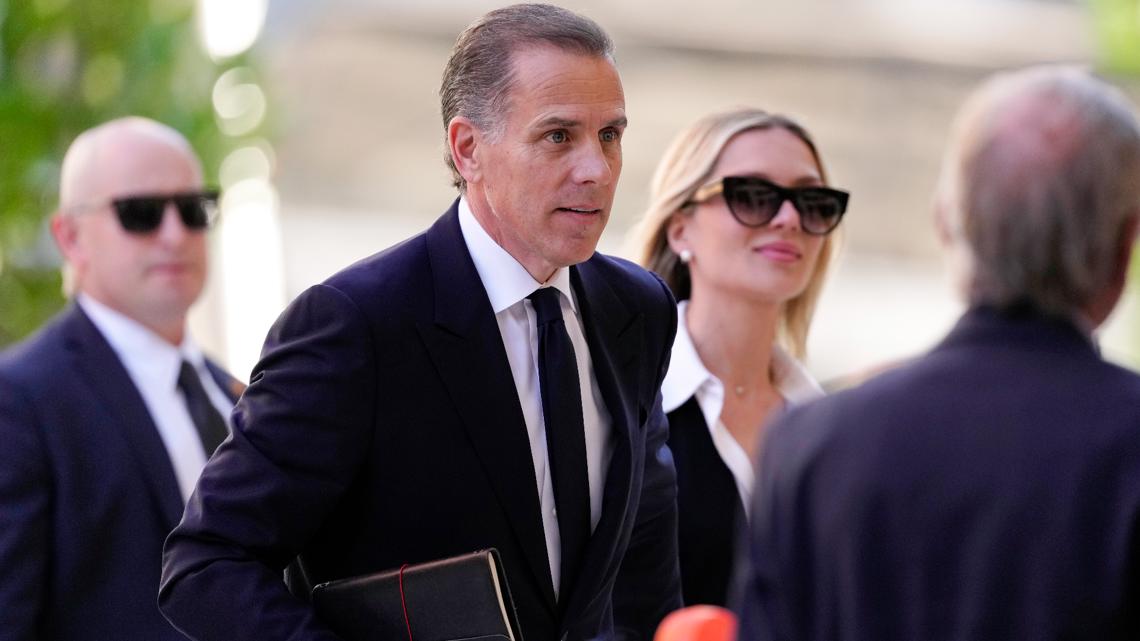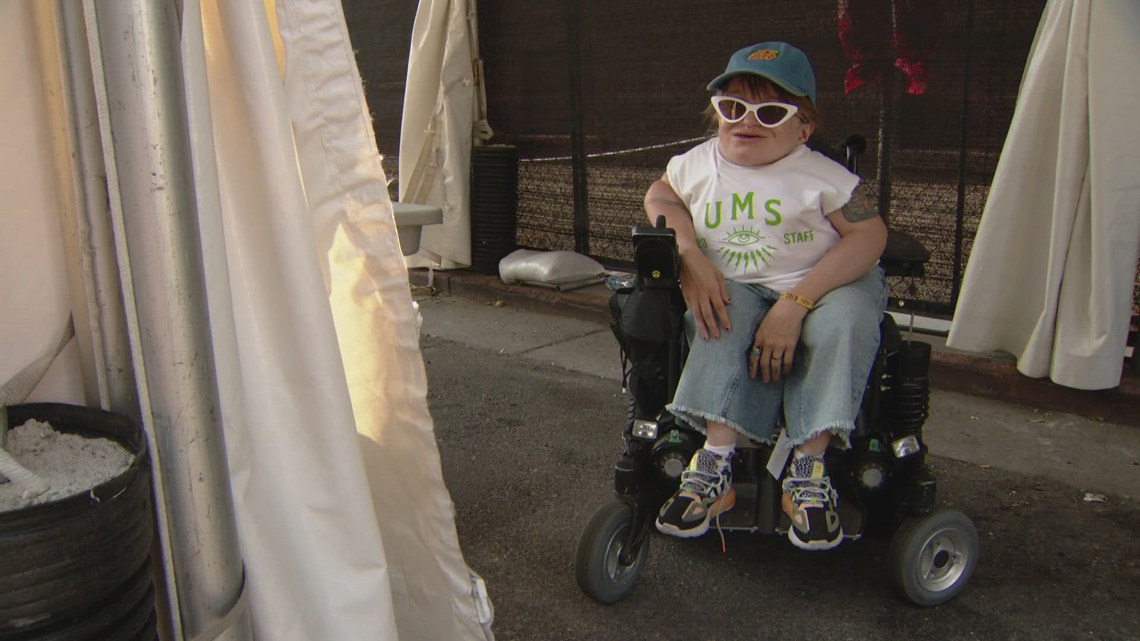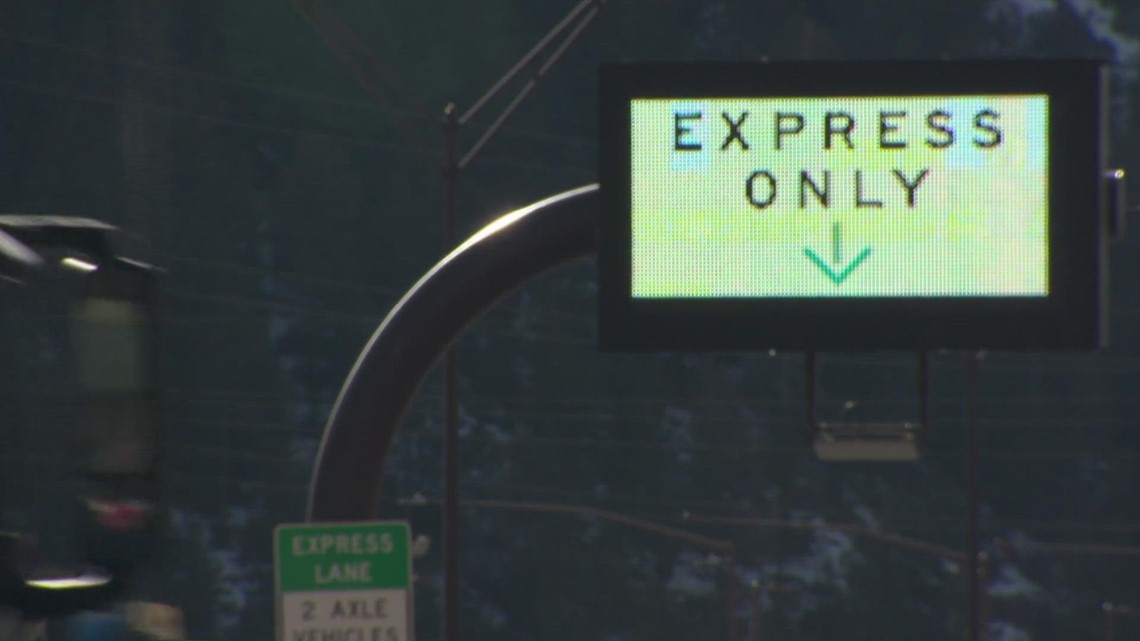Hunter Biden was convicted on June 11 of three felony gun charges. We VERIFY if he has Secret Service protection and whether President Biden could pardon his son.
President Joe Biden’s son, Hunter Biden, was convicted on Tuesday, June 11, of three felony charges related to the purchase of a revolver in 2018.
Jurors found Hunter Biden guilty of lying to a federally licensed gun dealer, making a false claim on the application by saying he was not a drug user and illegally having the gun for 11 days.
The verdict prompted many questions from people online, including if Hunter Biden will go to prison and whether President Biden could pardon his son.
VERIFY answers three key questions about what the verdict means for Hunter Biden and what happens next.
THE SOURCES
QUESTION #1
Will Hunter Biden go to prison?
THE ANSWER
Hunter Biden could go to prison following his conviction, but we won’t know until he is sentenced.
Biden faces up to 25 years in prison, the Department of Justice said when he was indicted in September 2023. It will be up to the judge to determine the exact sentence.
However, the likelihood that Hunter Biden will spend any time behind bars is “probably fairly low” due to a number of factors, including Biden being a first-time offender, Nicholas Creel, a law professor at Georgia State University, said.
Other legal experts like ABC News’ chief legal analyst Dan Abrams agree.
“Here we have an isolated crime with nothing else, it would be very surprising for Hunter Biden to serve time,” Abrams said on ABC News Live following Hunter Biden’s conviction.
Judge Maryellen Noreika noted that sentencing is typically held 120 days after the conviction, but has not yet set a sentencing date for Hunter Biden.
QUESTION #2
Could President Biden pardon his son?
THE ANSWER
President Biden has said he won’t issue a pardon for Hunter, but legal experts say he could if he wanted to.
Since the U.S. Constitution gives the president broad power to pardon people for federal crimes, President Biden could pardon his son if he wanted to, Creel and Doron Kalir, a law professor at Cleveland State University, said.
“If the president would pardon his son, there is little question that the action would be considered legal – in the sense that it is well within his constitutional powers,” Kalir told VERIFY.
There are only a handful of restrictions on presidents’ pardon power, including that they cannot pardon people in state cases or in cases of impeachment. The question as to whether the president could pardon himself for federal crimes is still up for debate.
If Biden were to pardon his son, it wouldn’t mark the first time a president has pardoned a family member. In 2001, then-President Bill Clinton pardoned his brother, Roger Clinton, who had served a one-year jail sentence on a drug conviction.
However, President Biden previously said in an ABC News interview while Hunter Biden’s trial was underway that he would not pardon his son for the gun felonies if convicted.
When ABC News anchor David Muir asked if Biden would accept the verdict, the president simply said, “Yes.” He also said “yes” when Muir asked Biden if he would rule out a pardon for Hunter.
In a statement issued shortly after the verdict, President Biden also said he would accept the outcome of the case and “continue to respect the judicial process as Hunter considers an appeal.”
QUESTION #3
Does Hunter Biden have Secret Service protection?
THE ANSWER
Hunter Biden currently has Secret Service protection and will keep it despite his felony conviction, Creel said. It’s not clear what could happen to his Secret Service detail if he went to prison.
Under federal law, the Secret Service is authorized to protect the president, vice president and their immediate family members. Former presidents and their spouses receive lifetime Secret Service protection.
A bill introduced by House Democrats would strip some people of their Secret Service protection if they are convicted of crimes.
The DISGRACED Former Protectees Act introduced by Rep. Bennie Thompson (D.-Miss) would stop Secret Service protection for someone who otherwise qualifies if they are convicted and sentenced for a felony crime that carries a penalty of at least one year in prison.
But the bill is “exceptionally unlikely” to pass since it would “strip former President Trump of his Secret Service detail” and congressional Republicans would “never allow” it to come up for a vote, Creel said.











